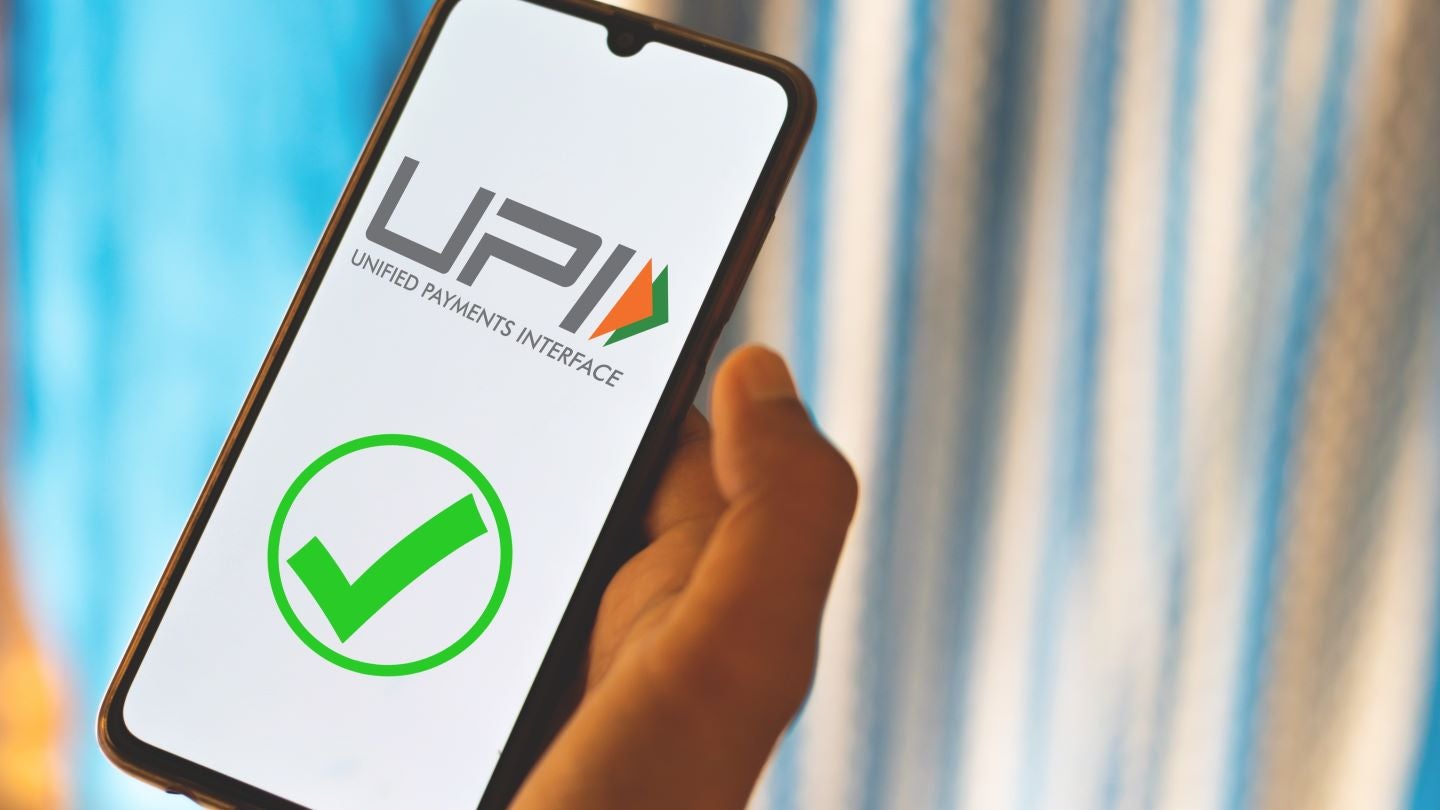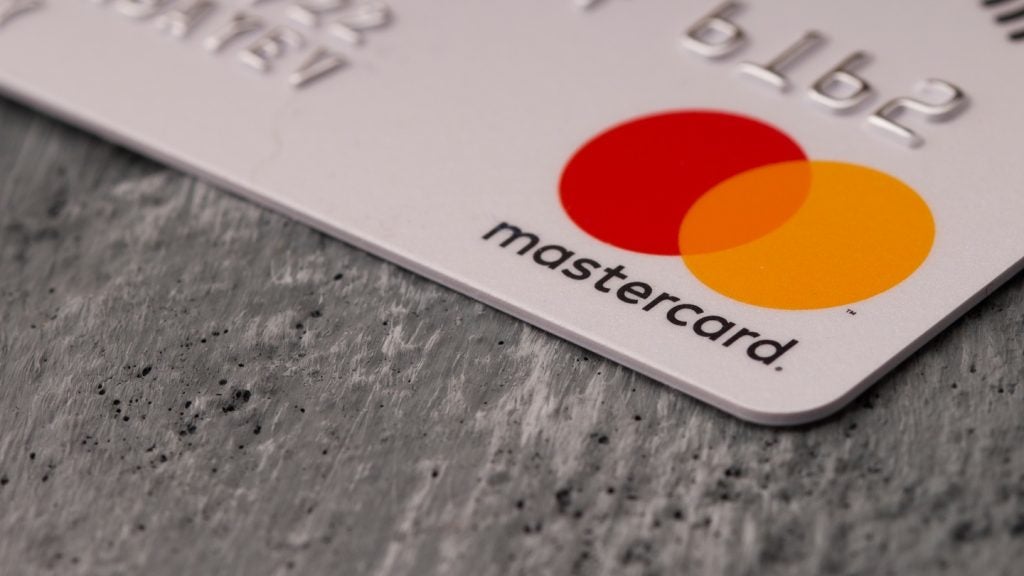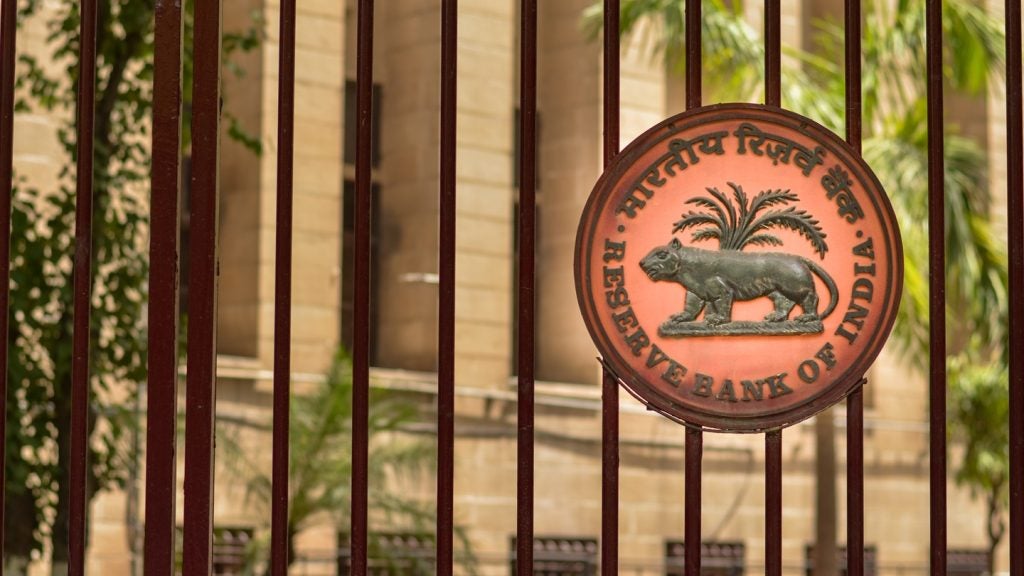
The Reserve Bank of India (RBI) has enabled prepaid payment instruments (PPIs) to make unified payments interface (UPI) transactions via third-party mobile applications.
PPIs are financial tools that allow users to store funds for future transactions on cards or digital wallets.

Access deeper industry intelligence
Experience unmatched clarity with a single platform that combines unique data, AI, and human expertise.
This marks a departure from the existing system, where UPI payments linked to PPIs could only be executed using the mobile application of the PPI issuer.
This was first outlined in RBI’s statement on Development and Regulatory Policies release in April 2024 , stating that users of full-KYC-compliant PPIs can use any third-party app’s interface to transfer and receive money in their wallets.
PPI issuers are now permitted to facilitate the discovery of their full-KYC PPIs on third-party UPI mobile applications.
These third-party applications will enable PPIs to be linked to their payment service provider (PSP) handles.

US Tariffs are shifting - will you react or anticipate?
Don’t let policy changes catch you off guard. Stay proactive with real-time data and expert analysis.
By GlobalDataTransactions made from PPIs using third-party UPI applications will require authentication with UPI credentials.
In a release, the apex bank of India stated: “A PPI issuer shall enable holders of only its full-KYC PPIs to make UPI payments by linking its customer PPIs to its UPI handle. UPI transactions from PPI on the issuer’s application shall be authenticated using the customer’s existing PPI credentials.
“Such a transaction will, thus, be pre-approved before it reaches the UPI system. A PPI issuer, in its capacity as a PSP, shall not on-board customers of any bank or any other PPI issuer.”
Earlier this year, RBI allowed banks and non-banks to issue PPIs for public transport services like metro, buses, rail, tolls, and parking.
The updated guidelines let these PPIs be issued without requiring KYC verification.







